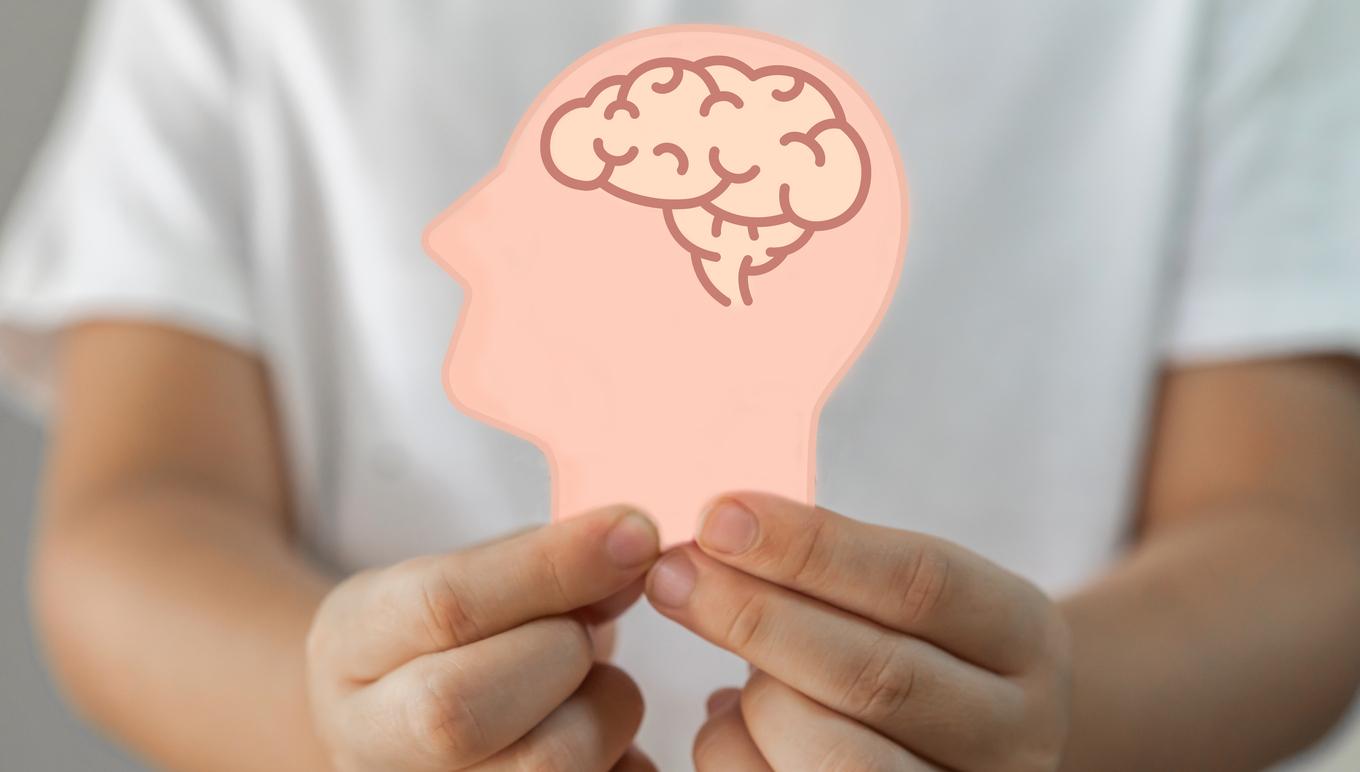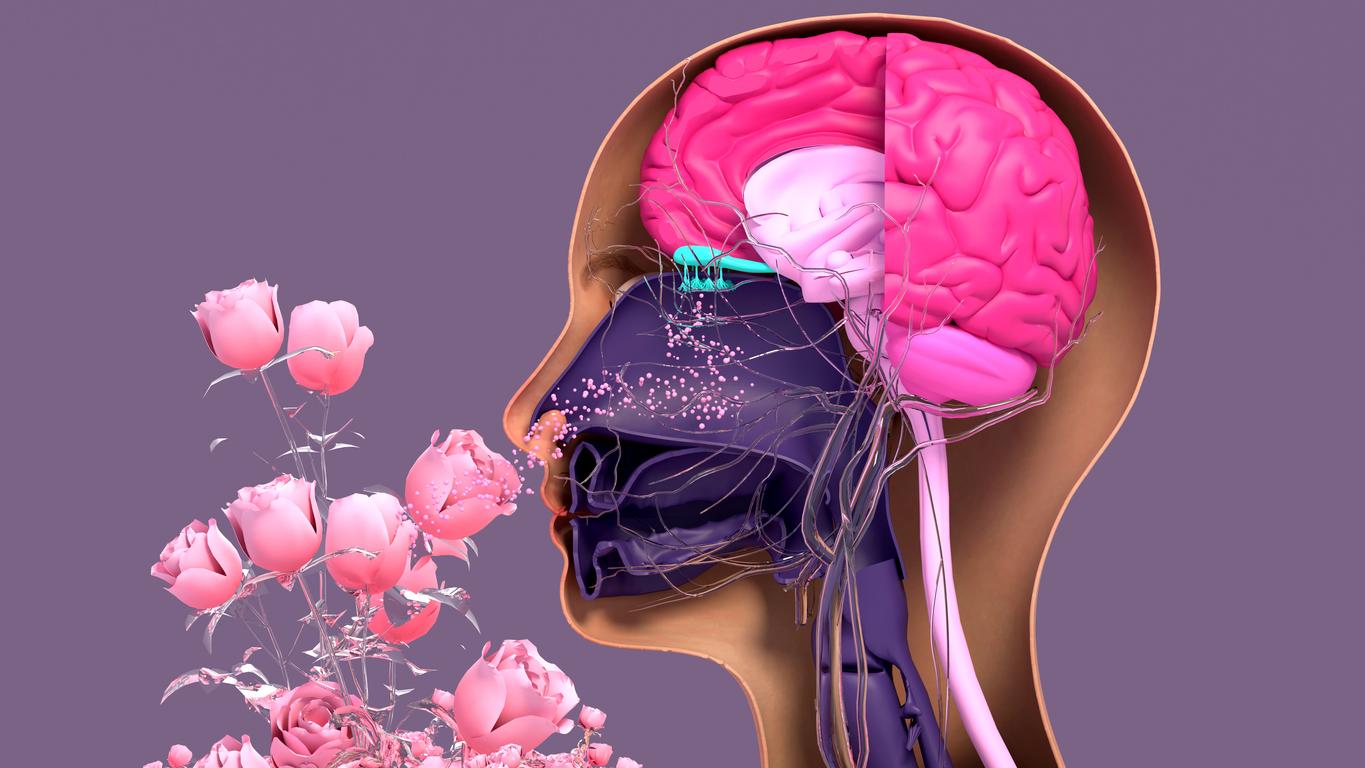Gratitude and feeling recognized for one’s efforts within the family is beneficial for mental health.

- Gratitude in parent-child relationships promotes the mental health of family members.
- Expressing gratitude in the family promotes the mental health of the members.
- Women, compared to men, reported lower levels of perceived gratitude.
“Some of my previous research has looked at gratitude in an interpersonal context, particularly in relationships, and we’ve found that it’s quite an influential factor in various aspects of the relationship. People who feel more appreciated by their partner are more confident, satisfied and committed, and less concerned about instability.”recalls Allen Barton, a researcher at the University of Illinois at Urbana-Champaign.
He now wanted to determine the effects of “thank you” in parent-child relationships. His findings have been published in the journal The Journal of Positive Psychology.
Gratitude in the family boosts psychological well-being
For the study, scientists gathered 593 parents in couples with at least one child aged 4 to 17. They were asked to answer questions about the perceived gratitude of their spouse and their offspring. Tests also assessed psychological distress, parental stress and relationship satisfaction.
Analysis of the results shows that feeling appreciated by one’s partner boosted the couple’s fulfillment, but did not affect parental stress levels. On the other hand, perceived gratitude from children – whether “small” or “big” – led to a decrease in parental stress, but had no impact on satisfaction in the couple’s relationship.
Another finding: gratitude from partners and adolescent children (ages 13 to 18) was positively associated with participants’ psychological well-being.
Women feel less recognition from their loved ones
A gender difference was highlighted in this study. Women reported lower levels of perceived gratitude from their romantic partners and older children.
Furthermore, higher levels of offspring gratitude only had beneficial effects on female participants. “This is consistent with previous research showing that women’s contributions to the family are often less recognized by men than vice versa.”adds Allen Barton in a press release.
He adds: “There is never a 50/50 split in any relationship and parents will do more than their children, however, our findings highlight the importance of ensuring that individuals’ efforts for the family are recognised and appreciated by other members. Conversely, there is clear evidence that a lack of appreciation from the members you are trying to help leads to negative consequences for the family.”
Family: How to create a climate of gratitude?
The family relations specialist shared his tips for cultivating gratitude within the home. “As partners, we can express and show gratitude to one another, and we can teach children to express appreciation in developmentally appropriate ways. If you see your partner doing something really helpful for a child, you can remind the little one to say, ‘Thank you, Mommy’ or ‘Thank you, Daddy’ for what he or she just did. You can develop an ongoing mindset and pattern of interaction that fosters gratitude—both giving and receiving—in the home.”
He recalls that family requires a lot of work. “When these efforts go unrecognized or undervalued, it has detrimental consequences for individuals and families. We know the power of gratitude for couples, and this research shows that it is also important for parent-child relationships.”

















